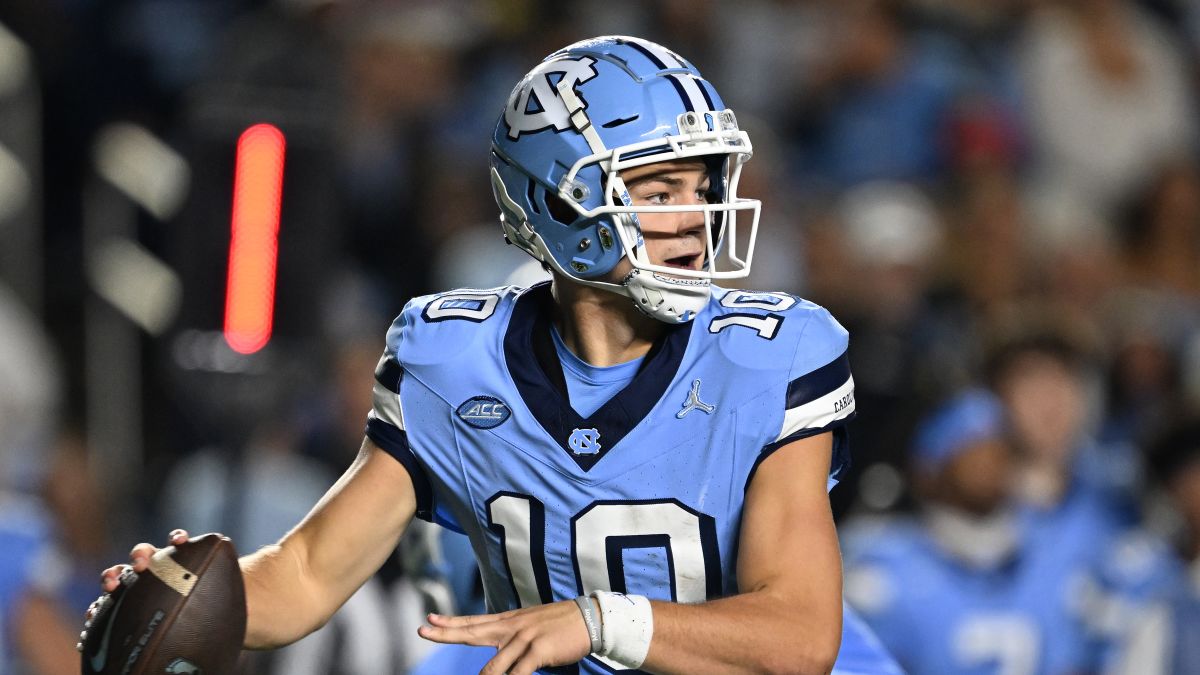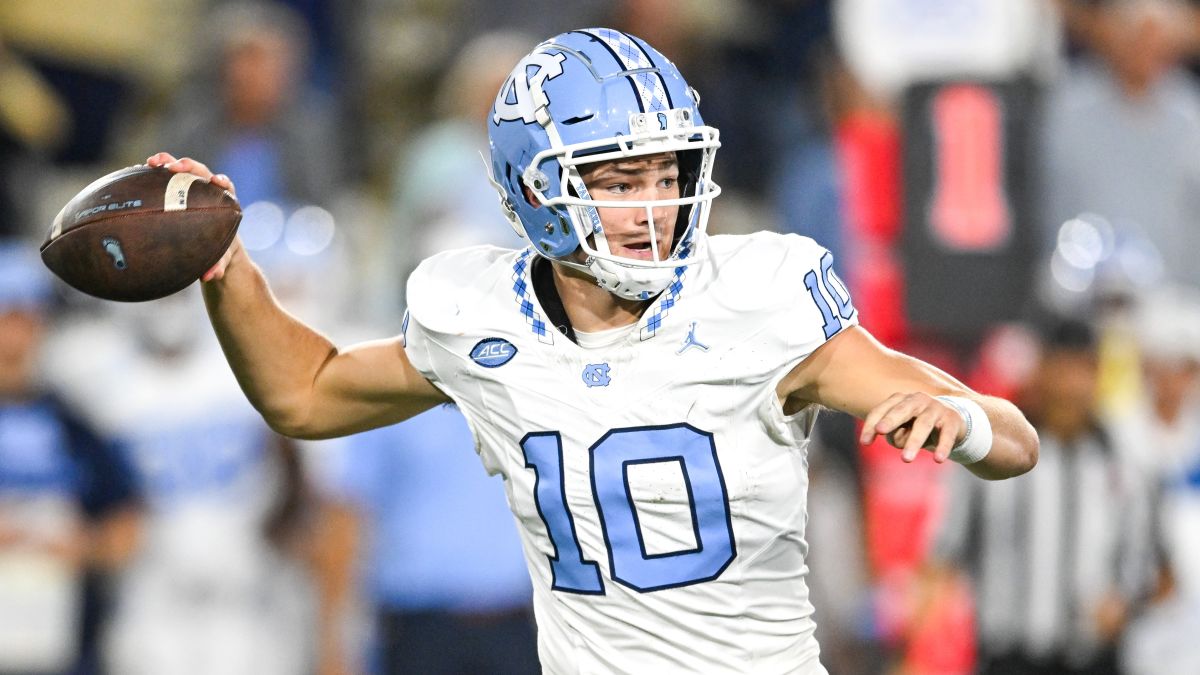(NECN: Peter Howe, Arlington, Mass.) What a "yes" vote on Massachusetts Question 2 next week would do is repeal a law Massachusetts enacted in 1969 called Chapter 40B -- more familiarly, the "anti-snob-zoning law."
In communities where under 10 percent of housing units are deemed affordable, Chapter 40B creates mechanisms for developers to get around local zoning rules and local opposition to build what is usually badly needed lower-cost housing. The theory is no community should be able to use zoning to keep out lower-income homeowners, and all cities and towns have a responsibility to promote affordable housing.
It is a law that has notable successes -- about 58,000 units of housing around the state, according to backers, and about 80 percent of all affordable housing built in communities outside the state's biggest cities in the last decade.
But it's also had many controversies and abuses that have led to this year's push to repeal 40B through voting yes on Question 2 -- developers reaping excessive profits on affordable-housing complexes and steamrolling over neighborhood or environmental concerns to get apartments, condos, and townhouses constructed. Massachusetts Inspector General Gregory Sullivan has been a scathing critic of 40B.
What is, though, widely cited as a big Chapter 40B success story is 35 Commonwealth Avenue in Newton, right on the Boston line. For decades, it was the address of a derelict home, at times, an off-campus "Animal House" for students at nearby Boston College. But in 2008 and 2009, it turned into a handsome new 44-unit condo complex, part of a 57-unit development that includes 15 units priced to be affordable. It's a one-minute walk to the Boston College Green Line B branch trolley terminal, making it an appealing place to live for people commuting to work in Boston or walking to a job at BC.
"This is a development that was done using the affordable housing law,'' says Susan L. Gittelman, executive director of non-profit B'Nai B'Brith Housing New England www.bbhousing.org , who spearheaded the project. She says it is an example of what would become impossible to do in the future if Massachusetts voters approve Question 2 next week. The overall mix of residents is "mixed income, there's affordable units mixed in with market rate, and only as a result of this law would that have been possible,'' Gittelman said.
But the lead organizer of the Question 2 campaign, John Belskis of Arlington, said you can go all over the state and hear horror stories of communities bludgeoned by developers to accept oversized or badly sited affordable housing complexes. "If you go to a few of these zoning board hearings like I've gone to, I mean, it's almost frightening. They're almost like storm-trooper tactics, saying, 'You'll do this or else.' '' In other cases, Belskis, developers have used the threat of being able to construct 40B-enabled affordable housing to pressure local zoning boards, selectmen, or city or town councils to accept a project in a place the community doesn't want construction. "The town is opposing it, and they're saying, 'Well, if you don't do it, we're going to do a 40B, and we'll get what we want anyhow.' ''
Local
Belskis, a retired telephone worker and town meeting member, initially got into the 40B cause fighting a proposed development 10 years ago at the end of his street, a onetime dump site next to a marsh that had been covered over and sealed. As he began asking around about the law, he discovered people up in arms in many other Bay State communities about 40B-enabled developments and began building a network to share tips and techniques for resisting 40B development. Today, Belskis said, he leads a group opposing 40B that counts members from 284 of the state's 351 cities and towns.
Veteran civic activist Tripp Jones, a former head of the Massachusetts Institute for a New Commonwealth www.massinc.org , is leading the fight against Question 2 for the Campaign to Protect the Affordable Housing Law. "The bottom line,'' Jones said, "is that the affordable housing law has been responsible for 80 percent of all the new affordable housing that's been built outside our cities in the last 10 years. In the kind of economic times we are in right now, I can't imagine why you would want to blow that up.''
All four gubernatorial candidates oppose the measure, as do many business and real-estate industry groups. A Boston Globe/University of New Hampshire poll published Sunday showed 38 percent of voters oppose Question 2, only 24 percent back it, and 38 percent are undecided or unfamiliar -- and the rule of thumb for ballot questions is that when people don't know enough about a question, more often than not they vote "no," regardless of the subject matter. Compared to the two cut-your-taxes questions on the ballot -- Question 1 to eliminate the imposition of sales tax on beer, wine and liquor, Question 3 cutting the sales tax rate from 6.25 percent to 3 percent -- the public-policy arguments around Question 2 are much more nuanced and complicated.
Belskis, whose backers collected over 70,000 voter signatures to get the measure on the ballot, said he's not fazed. "Win or lose, I've kind of won. Well, what do you mean you've won? Because, I've got this before the public. People are asking questions.''
Jones's group says if Question 2 is approved, 12,000 units of affordable housing in the works would be cancelled, costing the state 50,000 jobs over the next 10 years. But Belskis and other backers of the question say they can't imagine Massachusetts wouldn't keep some kind of law to promote affordable housing, so they say voting "yes" would be the blunt instrument to force legislators to reform the 1969 anti-snob-zoning law. In the meantime, he's confident this campaign has kept up pressure on state and local officials to scrutinize 40B projects and resist abuses and waste.
With videographer Christopher D. Garvin



